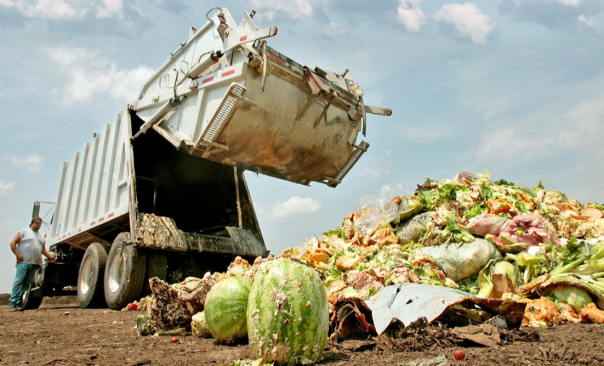
Richard Swannell, director at WRAP Global, said: “There is a real opportunity to make food waste reduction one of the key ways we reduce greenhouse gas emissions and put our food system on a trajectory to a more sustainable future. But time is running out – we must all do our bit, and we must act now.
“The EU is implementing policies that will help, particularly by putting measurement at the heart of the strategy. The key next step is to support Member States to act quickly so as to hit the goal of halving food waste by 2030.
“This report outlines approaches that are proven to work and which will deliver rapid progress.”
Food waste is estimated to cost the EU economy €143bn (£129bn) per year, and is responsible for 15% of all greenhouse gas emissions associated with the food supply chain. A key element of the Farm to Fork Strategy, eliminating food loss and waste to the largest extent possible, is an urgent and indispensable step towards more sustainable food in the EU.
The new report by WWF and WRAP, ‘Halving Food Loss and Waste in the EU by 2030: The Major Steps Needed to Accelerate Progress’, analyses the EU’s progress on food loss and waste and sets out clear guidance for governments, industry, researchers and NGOs on how to reach this target.
Swannell said progress was still too slow, though, and a pace change was needed.
“This report identifies key interventions with high but still untapped potential to significantly reduce FLW along the whole supply chain. Such action needs to be boosted in the next decade, and accompanied by a more conducive EU policy framework.
The main recommendations from the report in this regard are:
MEASUREMENT: Ensure the most consistent and robust measurement of FLW across EU Member States, to establish an accurate and reliable baseline of food waste levels for the Union.
TARGETS: Stimulate action by Member States with the announced setting in 2023 of EU targets for food waste reduction, which must be at least as ambitious as SDG12.3 and aim to halve food loss and waste from farm to fork and from bait to plate by 2030.
BUSINESSES: As part of the initiative to improve the corporate governance framework, establish a requirement for businesses over a certain size to measure and report their company’s food waste figures.
AGRICULTURE: Work closely with Member States and provide them with tailored recommendations so that Common Agricultural Policy (CAP) funds are allocated to FLW prevention actions at farm level and early processing stages.
VALORISATION: Provide funding support to research and innovation in FLW, with a specific focus on the safe and efficient valorisation of waste streams into processed food, animal feed, chemicals or other materials.